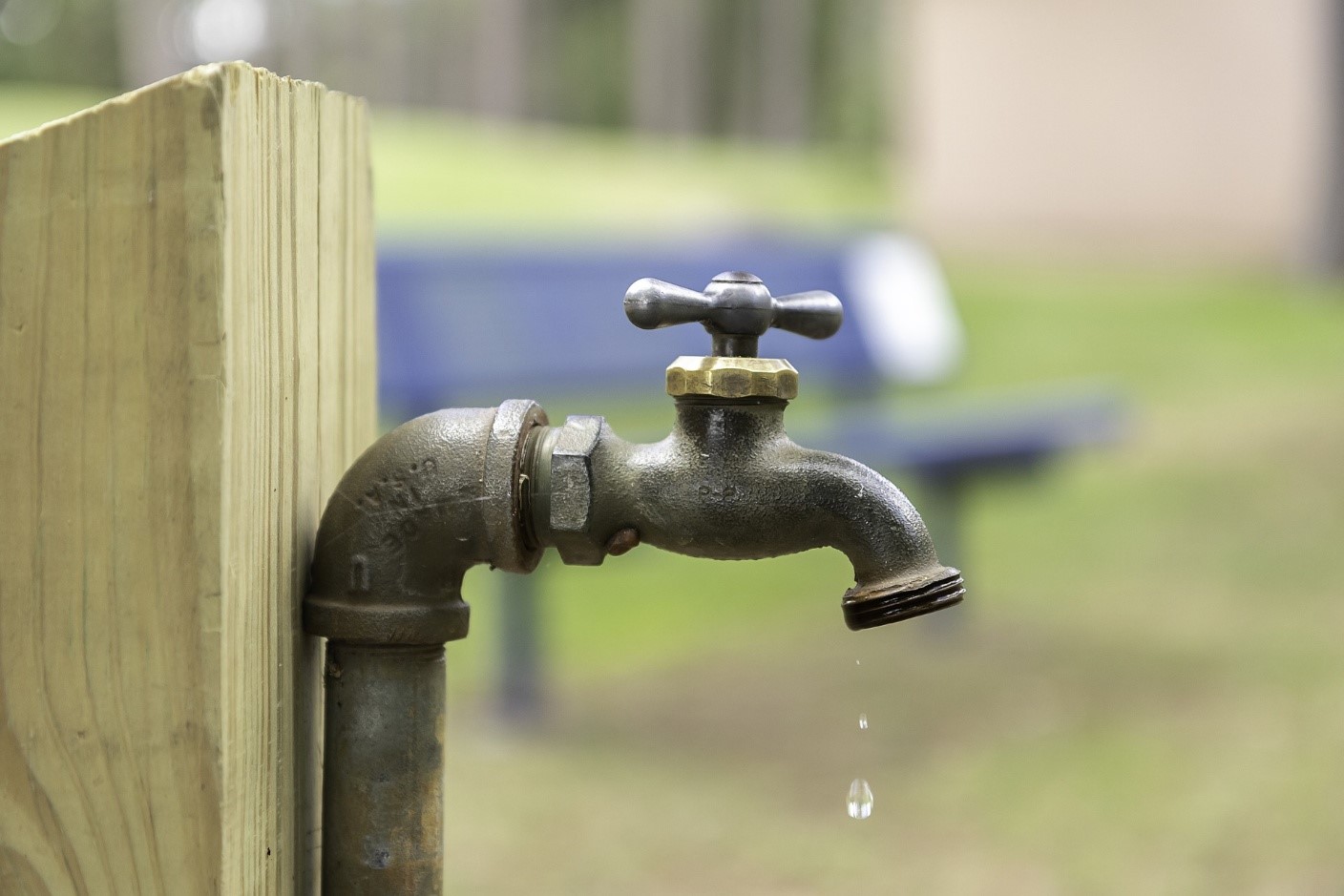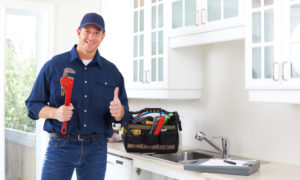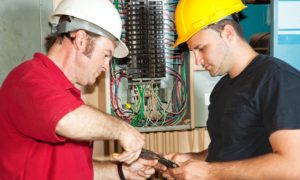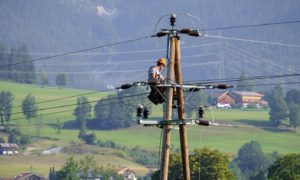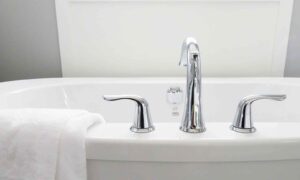Not only Canberra residents but plenty of homeowners throughout Australia feel a sense of frustration with the laws restricting DIY within the household. Australian regulations require that a certified tradesperson be used for repairs and installations, particularly when it comes to issues relating to plumbing or electricity.
Many homeowners with acquired skillsets and the appropriate tools feel they’re losing money unnecessarily by outsourcing services they could easily handle for themselves. Unfortunately, compliance certificates are mandated to show that the work was completed by the appropriate professional, and it meets the standards as set by Australia for quality and safety.
Compliance Certificates
For homeowners who act outside the laws as designated in Canberra by performing advanced level plumbing repairs, renovation work inclusive of plumbing and electrical work, or anything above the level of “minor” fixes like replacing the showerhead or changing a washer, will be considered non-compliant.
Once you’ve done the work, it’s not possible to have a professional come in for inspections to have the project certified after the fact. The only people who can sign off on the standards being met are plumbers, electricians, and gasfitters, and they can only do so if the work was done by a licensed professional.
Having a compliance certificate is vital for a number of reasons, especially insurance purposes. If the work does not meet quality, the certificate covers defects meaning the tradesperson will be responsible for handling the issues.
But if you performed the work outside of compliance and it comes back defective, there’s no recourse. You have a significant problem. Check this to find out things plumbers wish people knew.
** The Plumbing Law
The primary legislation covering both plumbing and electricity in Australia is known as the “Home Building Act” of 1989. Those who are not licensed contractors cannot work with residential repairs or construction. The law recognizes a contractor as a person insured to do the job.
Plumbing comes under the “Plumbing and Drainage Act” from 2011. In essence, it states that DIY consists of mere repairs to showerheads or taps because, in technicality, they are not considered as plumbing within this act. Only those recognized by the “Home Building Act” are eligible to perform “plumbing and drainage” projects.
The plumbing regulator has the option of inspecting the work with the potential to recoup the fees for the inspection. This means if there is any non-compliance, you will receive substantial fines, plus pay for the assessment. The stringency of the law seems harsh, but it’s meant to protect from dangerous outcomes or defective work that will ultimately lead to property damages.
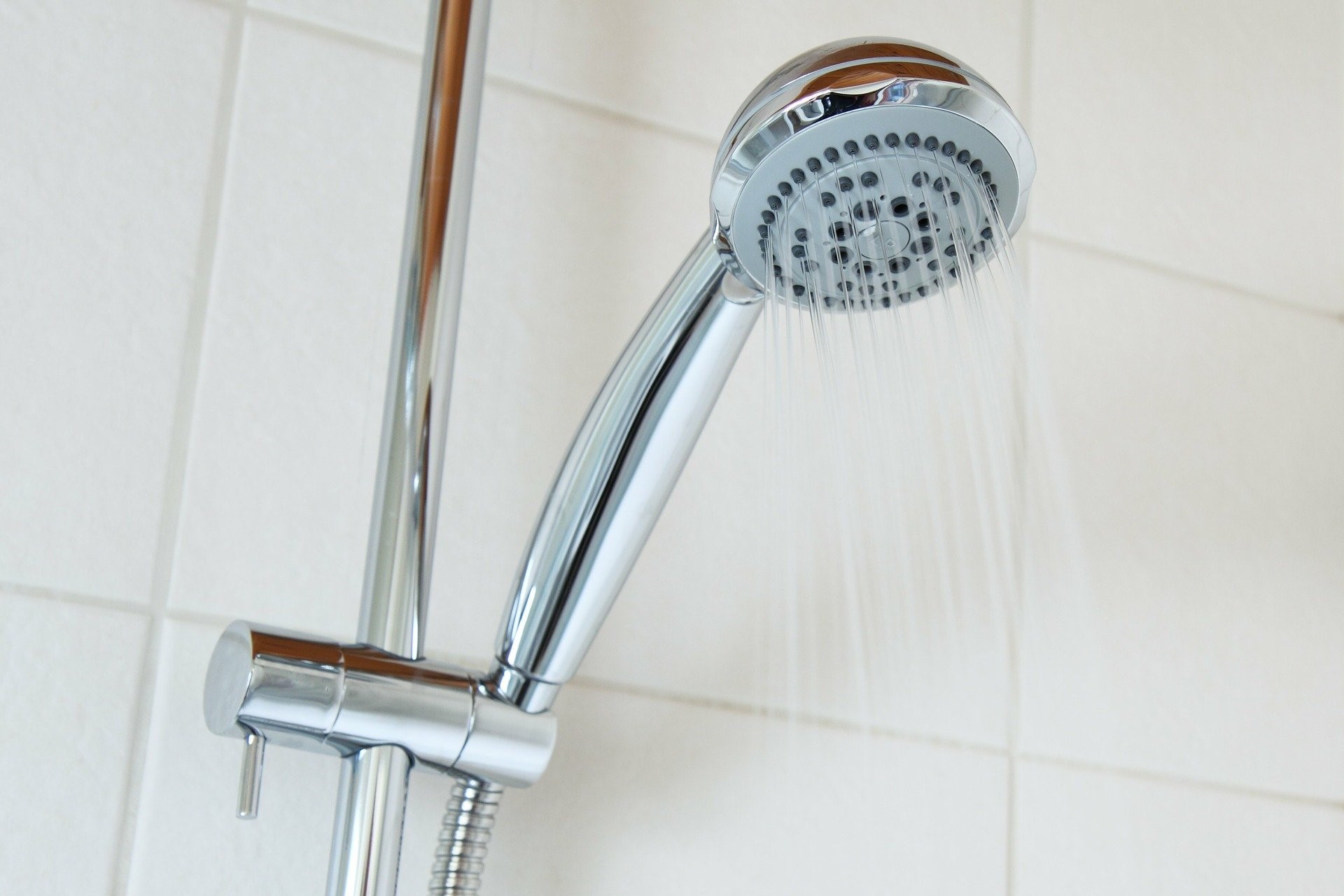
How To Know When To Call In The Experts
Before you attempt any type of DIY project in your household, the suggestion is to consider the level of difficulty, if there is any danger involved, and the amount of debt that it will create. Any level of difficulty or dangerous activity will require the services of a professional despite your skillset.
These will need to meet a particular standard for safety and quality. A compliance certificate will be issued, but only for a certified, reputable plumber who is qualified to perform the services. See this website for an example of a high-standard trade company. Experts of this type will ensure that the job is done correctly and safely following Australia’s regulations.
** Danger
When examining a plumbing situation to determine if it’s dangerous, you have to ask yourself if it will put you at risk in any way or if it will disrupt the integrity of your household. This would include things like piping that is laid poorly or taking care of an in-wall pipe that’s broken with multiple complications.
This doesn’t take much investigation to understand that a licensed plumber will need to handle the complexities of these situations to make sure there are no errors in the process because a mistake would be genuinely detrimental to the household.
** Difficult
You need to assess if you have the qualifications and the equipment to handle the repairs, but even if you are, is it something that you’re legally allowed to take care of. With the project done illegally, you run a terrible risk of being responsible for defects, fines, and damages to your home. These situations are better left to trained professionals who receive proper certification and will be responsible for any mistakes that happen.
One thing in particular that you want to avoid altogether is using chemicals to clear clogged drains. These can damage pipes, creating exceptional problems for the system than the initial clog. If you can’t open the drain with a plunger, you need to call for help from a certified plumbing service.
** Debts
When you ignore the dangerous aspects and the difficulties instead of doing illegal work, you will be saddled with substantial debt inclusive of fines and perhaps excessive repair bills to fix what was done incorrectly plus damages resulting from poor work. You’ll ultimately spend a more significant amount of money in the end than you would have if you had called the right expert to handle the situation, to begin with.
Sometimes you feel you’re qualified with the right equipment. Still, if you’re not actually a licensed plumber by trade, you don’t have the appropriate qualifications or specialized tools to assess and perform what could be wrong with your plumbing system.
You won’t be able to receive the approval or the certification on your work when it’s finished. Only a professional gets these. It makes your efforts futile because the project will need to be redone in order to be legal. See a guide of what you should avoid with DIY at https://www.domain.com.au/news/what-not-to-diy-with-plumbing-and-electrical-20120619-20ld9/ .
Final Thought
Although residents in Canberra find it frustrating to “lose money” on home repairs that they could easily do as DIY endeavors, ultimately, it would cost them more in the long run with fines, fees for inspections, and having professionals redo the work as opposed to having a professional do the repairs from the start. It’s genuinely kind of worth the peace of mind to know that your home is safe and sound because all the “bones” of the structure have been overseen by certified tradespeople. It allows a homeowner to rest easy.


